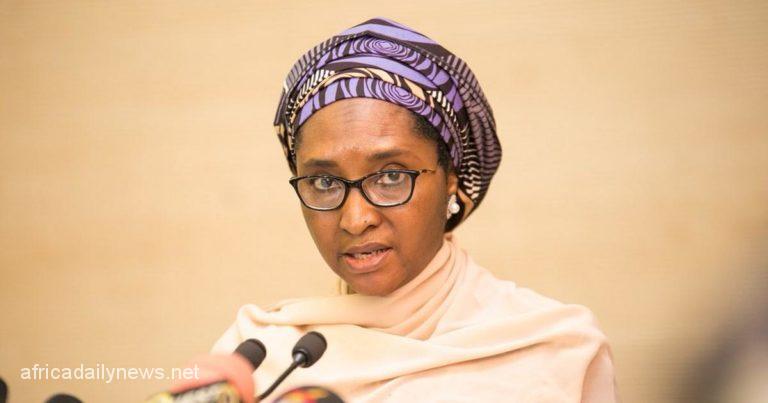Ms. Zainab Ahmed, Minister of Finance, Budget, and National Planning, expressed optimism for the third quarter of this year when the Second Niger Bridge is completed and formally inaugurated, which is expected to increase trade and commercial activities in the South South and South East geopolitical zones. Africa Daily News, New York gathered that 157 billion naira had been spent thus far on the project.
Read Also: Why Nigeria Won’t Stop Borrowing – Finance Minister
During yesterday’s inspection tour of the bridge project, Ahmed, the Managing Director of the Nigerian Sovereign Investment Authority (NSIA), Mr. Uche Orji, and Deputy Governor of Anambra State, Dr. Gilbert Ibezim, as well as top Ministry officials and the contractors, stated that the bridge was designed to uplift the lives of the people of the South South and South East geopolitical zones.
“Today is a very significant day in the construction circle of the Second Niger Bridge, which is one of the most iconic projects in the country put at an initial project cost of N205b. Today, we have expanded this project to the tune of N157b.
“I have come to see where this money is going into. It is worthy to also note that the two parts of the bridge are being linked today in a final touch in fully completing the project, which is significant.
“For me, as a representative of the Federal Government, I have seen where all the N107b has gone into. This is a project that is very dear to President Muhammadu Buhari.”
Specifically, Orji explained that the Presidential Development Fund is managed by the National Security and Investment Authority (NSIA), which has contributed its own funds as well as some funds recovered from the Abacha loot, confirming that the Federal Government and NSIA are the main stakeholders.
The National Security Investment Authority is owned by the federal government as well as by state and local governments.
According to him, compensation is an ongoing process, saying: “We have paid significant sums earlier and there are more yet to be paid in some areas as we continue to work.
“Outside the 1.6 kilometre bridge, there are is still 17 kilometres of access roads on the Asaba and Onitsha sides of the bridge. Assessment is being made for compensation,” He added, “I can assure you that the directive we have from the President, the minister and our Board is to ensure that adequate compensation is paid to everybody affected.”
Later, Ahmed praised the construction workers on site who were working round the clock to complete the project, noting that it had created employment for about 20,000 people from the two states and neighboring states.
In addition to the Lagos-Ibadan expressway and the Abuja-Kaduna-Kano highway, she noted that the Infrastructure Development Fund created by the president was designed to fund this project.
“The Federal Government provided seed funds, through budgetary allocations and special funding, including recoveries from some of the Abacha loot, while the NSIA invested its own funds and investors funds in this project, meaning that investors that might have deposited money for this project are also expecting returns on their investments,” she explained.
AFRICA DAILY NEWS, NEW YORK










